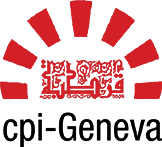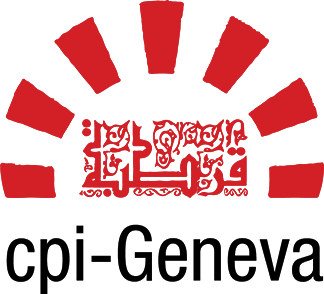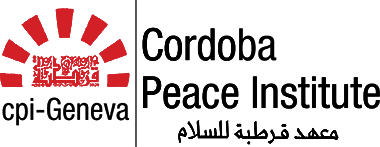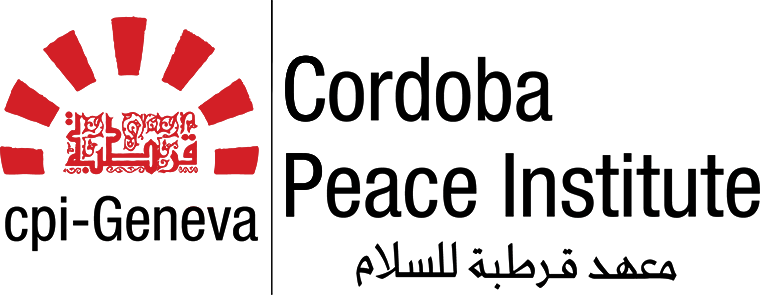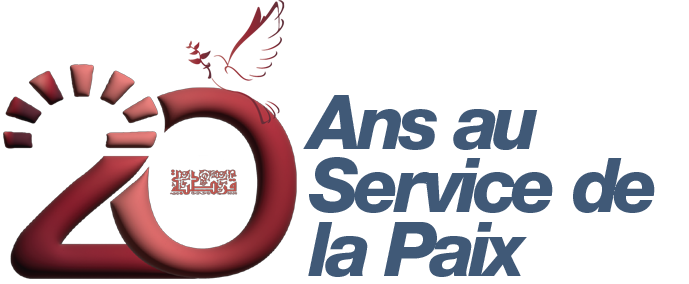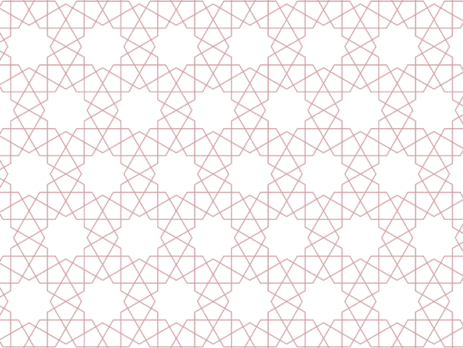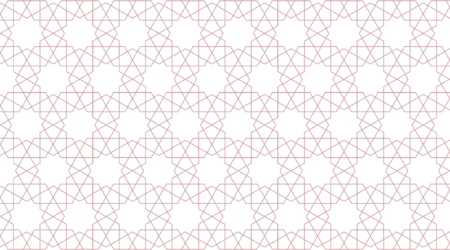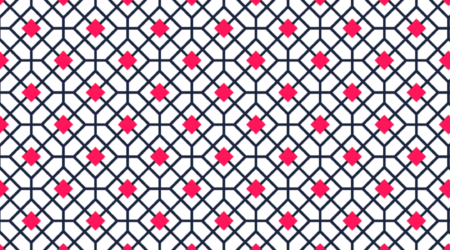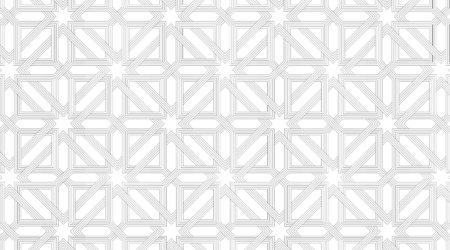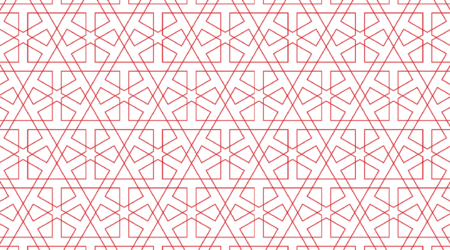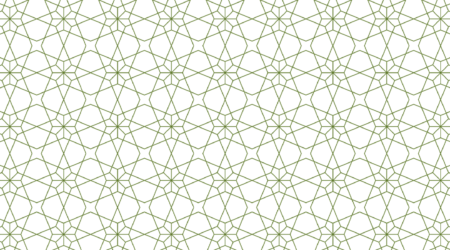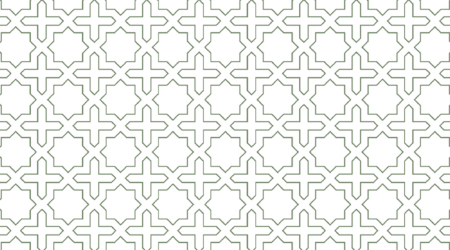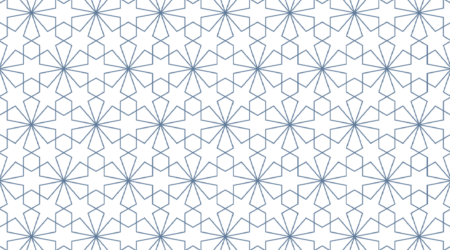Workshop II: Promoting Constructive Political Participation of Faith-based Political Parties and Movements in the Arab Region, March 2013
Second Workshop
Istanbul on 11-14 March 2013
Based on the findings and the recommendations of the Tunis session on promoting constructive political participation of faith-based political parties and movements in the Arab region a second session was held in Istanbul on 11-14 March 2013, within the NAWAT (North Africa and West Asia in Transformation) program.
The Istanbul workshop was implemented by the Cordoba Foundation of Geneva. The Tunis session showed that there is a growing tendency within the Salafi current in the Arab world, and not only the “Arab Spring” countries, towards political participation.
However, the Salafi groups who participated in the session acknowledge that they lack the necessary political experience and organizational skills that would help them meeting the challenges of political life and supporting their transition from predication to politics. They also acknowledge the diversity within the Salafi movement, which cannot be seen as a single doctrine but rather as a spectrum of thoughts with various sub-schools including notably the radical violent groups.
Participants agreed that the latter pose a danger to the political transition in the Arab region; in the sense that radicals’ acts might provide ammunition and justification for calls of securitization of public affairs, or even force a return to dictatorship. Promoting political participation of Salafi groups willing to enter politics is therefore crucial for the success of the democratic transition in the region. Moreover, the Salafi groups are willing and ready to play a desirable role in peace promotion. It was against this backdrop that the Istanbul workshop was expanded to 12 parties and movements from six different countries, covering the region from Rabat (Morocco) to Sana’ (Yemen).
It also included independent experts and academics from the Arab region as well as Evangelic and Protestant politicians from the U.S and U.K. Conducted under the Chatham House rules, the workshop aimed at deepening the process of inter-Salafi exchange of experiences. Given the severe polarization between political parties with a religious reference and seculars that resulted from the elections and constitution drafting processes in the Arab region, the workshop aimed at addressing the coalition building’s principle as a mechanism to defuse, or at least lessen polarization. This required raising the Salafi groups’ awareness about the challenges of political life, as far as political party identity construction, party structures organization and dealing with the “more distant other”.
